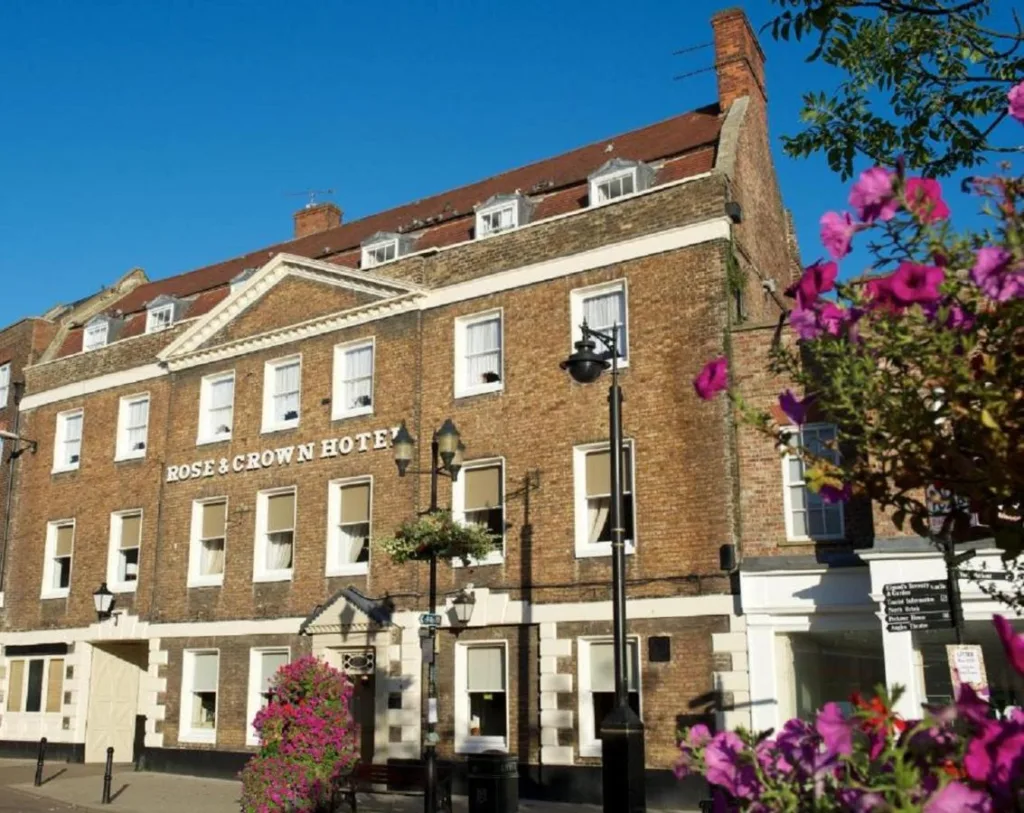One of three people – all former senior officers or councillors at Peterborough City Council arrested on suspicion of misconduct in public office – has had his bail extended until November 18.
The man is said by Cambridgeshire police to be in his 80s, and from Cambridgeshire, and along with two others was arrested on May 21. He had originally been bailed until August 21, but Cambridgeshire police say that has now been extended until November.
A woman in her 60s, also from Cambridgeshire, and a man in his 70s from Bedfordshire, have also been bailed to return to Cambridgeshire police in November.
The city council says it cannot provide any further information as they are restricted from doing so as it remains an ongoing police investigation.
A Cambs police spokesperson said last month: “A police investigation is ongoing into alleged misconduct in a public office at Peterborough City Council.
“On Wednesday, May 21 three people were arrested on suspicion of misconduct in a public office. A woman in her 60s from Cambridgeshire, a man in his 70s from Bedfordshire and a man in his 80s from Cambridgeshire
“The woman and man in his 70s have been bailed until November 19. The man in his 80s has been bailed until August 21.”
Misconduct in public office is a criminal offence that occurs when a public official abuses their position or fails to carry out their duties properly, resulting in harm to the public interest.
Key elements of misconduct in public office (UK context):
To prove misconduct in public office, four elements must generally be present:
- The accused must hold a public office — e.g., police officer, prison officer, civil servant, MP, judge, etc.
- The misconduct must be intentional or done with reckless disregard. Simple negligence or honest mistakes typically don’t qualify.
- There must be no valid or lawful reason for the misconduct.
- The misconduct must be serious enough to amount to an abuse of the public’s trust in the officeholder and harm the public interest.
An email sent to all Peterborough city councillors recognises “that there is commentary on social media and likely you are receiving questions from residents, with lots of speculation as you would expect.
“You are likely asking questions of each other and council officers”.
The email advises councillors “that when police investigations are ongoing, councillors should not be sharing information they may have with each other and the public, either in person, on email or on social media.
“Doing so could prejudice the police investigation which is of course a criminal offence. If you are asked about any police matter involving the council, it is always best to say that you cannot comment”.
It adds: “There is also the matter of the council’s reputation to consider, and collectively we are all responsible for preserving it, and enhancing it.
“Sharing information, which may or may not be true, and regardless could prejudice a police investigation, could damage the council’s reputation and the trust that residents have in us all”.
















